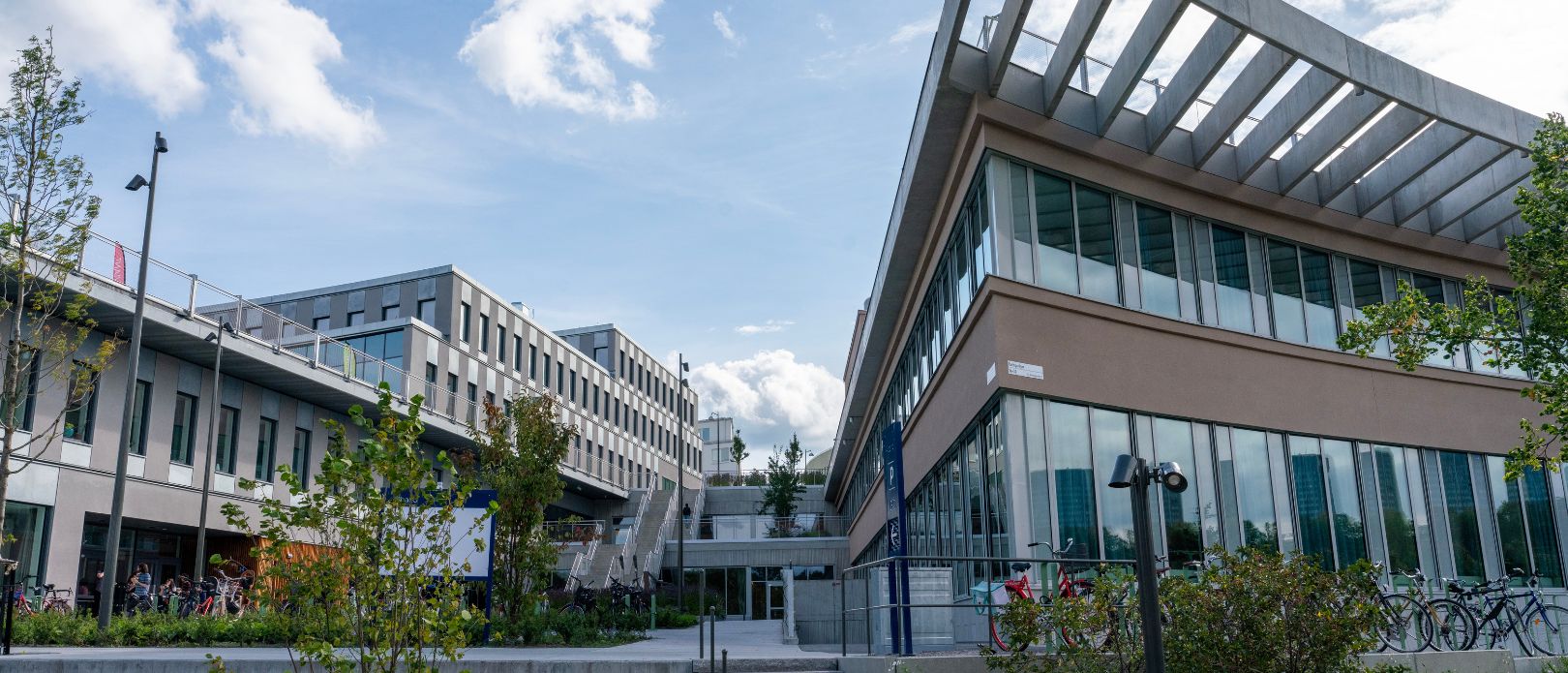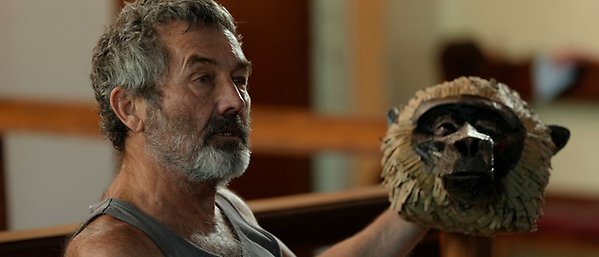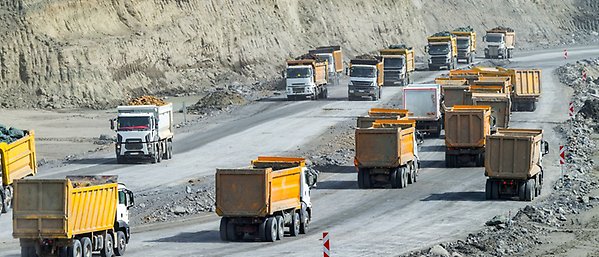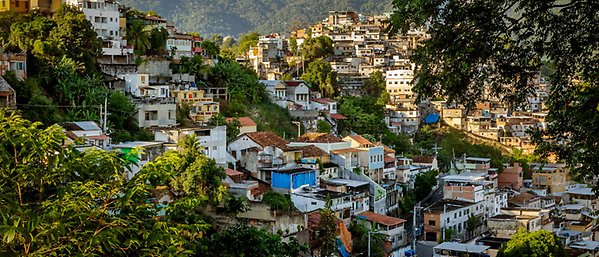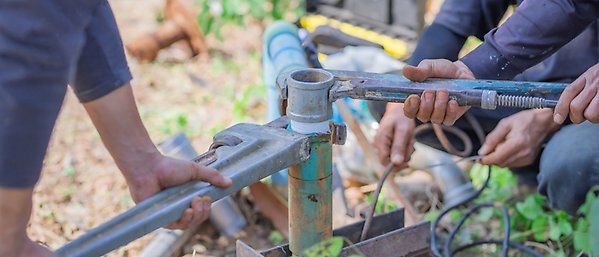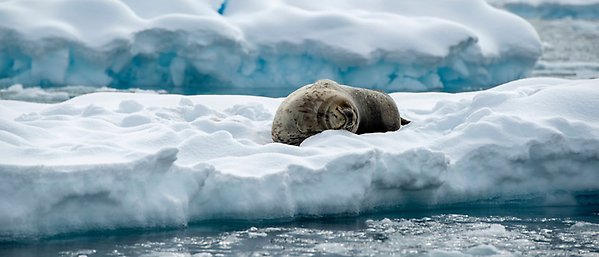Annual report
Centre report calls for investments in resilience
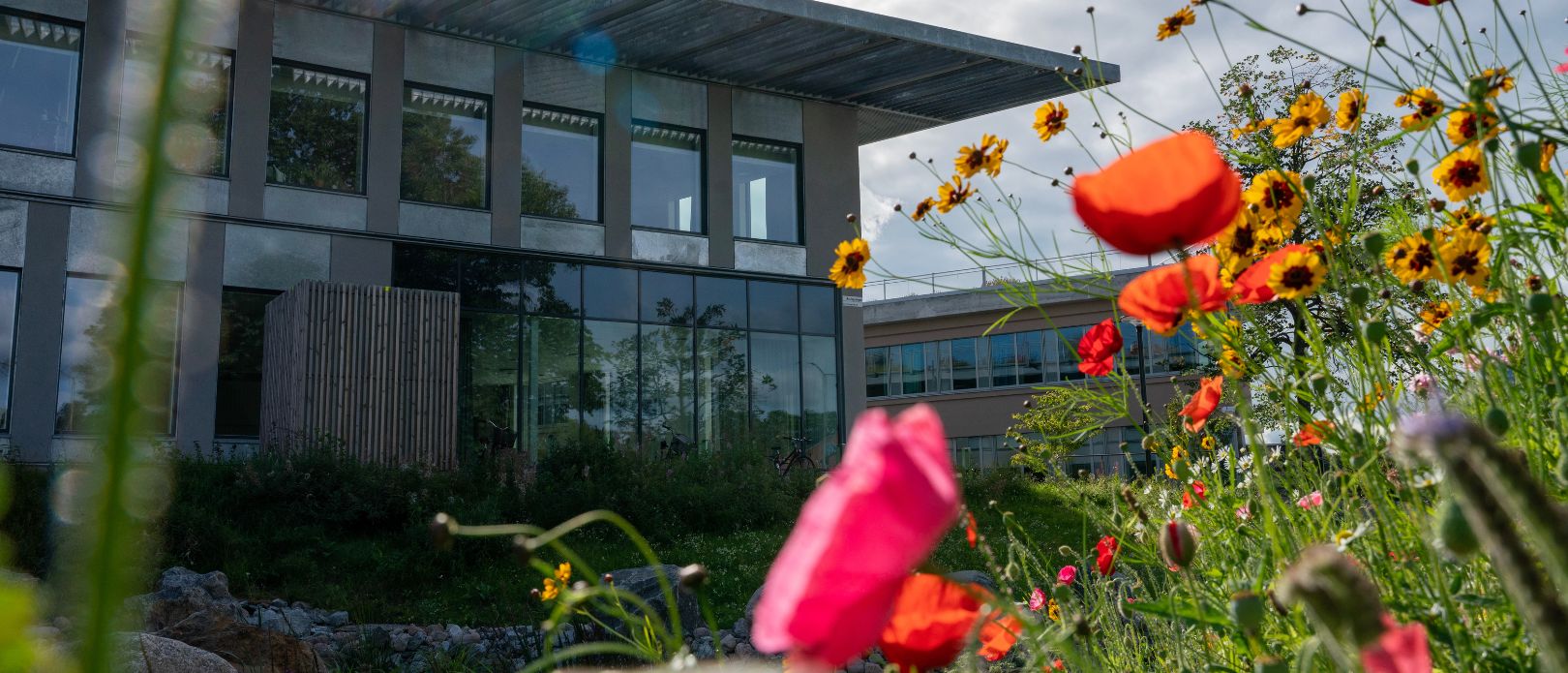
Humanity is now on the brink of polycrisis, but vital transformations can still be made to secure a resilient and liveable future for people and planet, according to the Centre’s newly published annual report.
Six out of nine planetary boundaries have been crossed and it’s becoming evident that the climate, energy, food, inequality, geopolitical, and biodiversity crises cannot be viewed as separate anymore. They, and resulting social pushbacks and green backlashes, interact with each other and aggravate each other.
But the scientific findings also show that a resilient livable planet is still within reach. Humankind is not doomed but at a juncture point in history, where decisive and quick actions are needed.
These are some of the key findings of the Centre’s research published in 2023.
“The world seems to be on a brink of transition right now: between a world of a ‘bad Anthropocene’, with a rapid decline in biosphere resilience that risks undermining human development, and a ‘good Anthropocene’ where we can all live within the safe operating space of the life-supporting biosphere,” Centre director Line Gordon and chair of the board, Carl Folke, write in their preface to the annual report.
To get there, humankind needs to actively transform large parts of societies. Gradual reforms are not going to cut it. Instead, humans have to fundamentally rethink how we interact with our environment. Such transformations have to be actively guided; it is not enough to wait for change to happen by itself. They also must stretch from local to global scales.
Such transformations must be evidence-based and informed by sound science. The Centre has been doing transdisciplinary research on resilient societies and transformations for over a decade. Transdisciplinarity is a necessary tool for targeting the complexity of the polycrisis.
Centre collaborations through journal articles in 2023
The polycrisis can only be solved through collaborative local, national, and global efforts. For this, we need inclusive and evidence-based dialogues between science, policy, civil society, and business. By educating and working with key decision-makers in, e.g. the seafood industry, the Centre enables conditions for a better stewardship of our planet.
As Line Gordon and Carl Folke write:
“We cannot trust in finding any one perfect solution, but we can enable the capacity of individuals, organisations and authorities to contribute to building a patchwork of actions that jointly move us to a ‘good Anthropocene’ on a liveable planet.”
What to find in the annual report?
The annual report covers key scientific findings from 2023 and trends that will shape the future of sustainability research and work.
It provides an overview of the Centre’s research areas, education and collaborations; from our MSc students to COP 28 and the executive programme, which in 2023, was given not only to business leaders, but also to the leaders of Sweden’s major labour unions.
